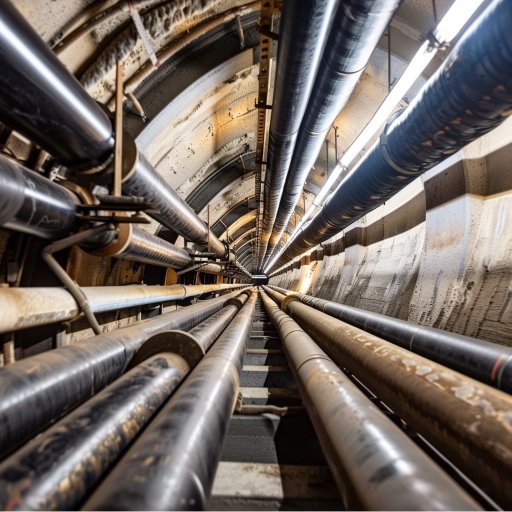At the heart of the United Kingdom lies a secret as profound as it is surprising. It is not linked to the English crown: it is a vast network of pipes, underground and almost forgotten, which winds for an incredible length of 285.000 kilometers (177.000 miles). A true "national treasure" which, according to experts, could play a crucial role in achieving the country's zero emissions objectives.
As? Realizing a bold vision: transforming this network into a modern hydrogen distribution system. A real "green metro" for the UK.
Underground assets for clean energy
sarah williams, Director of Regulatory, Asset Strategy and HS&E at gas transport company Wales & West Utilities, describes this network of underground pipes as “the equivalent of Britain's motorways”, highlighting the importance of remodeling it for the transport of hydrogen.
Reconverting it, he says, is possible and would also lead to significant economic savings. In fact, according to a report by the National Infrastructure Commission, it would be £28 billion cheaper to convert the hydrogen transport network than to dismantle it. What about utility?

The crucial link between gas and electricity
Last year, 30% of electricity in the UK was generated by gas: a crucial (and perhaps) underestimated link with the country's energy system. Williams' proposal aims to illuminate and strengthen this connection by proposing to the government a transition towards “national” hydrogen.
Obviously it wouldn't be a walk in the park, especially in terms of safety and adaptation of existing infrastructure. Around 80% of pipelines are already made of plastic, a material suitable for transporting hydrogen, but the conversion process will require in-depth studies and collaboration between different sectors and regulatory authorities.

Will the world see its first national hydrogen grid?
The vision proposed by Williams is the reflection of an innovative and original energy strategy. An evolution in the sign (or dream) of sustainability. A once invisible and overlooked network of underground pipes could become a crucial component in fighting climate change and promoting a clean, resilient energy future.
Will we see you, my dear?


